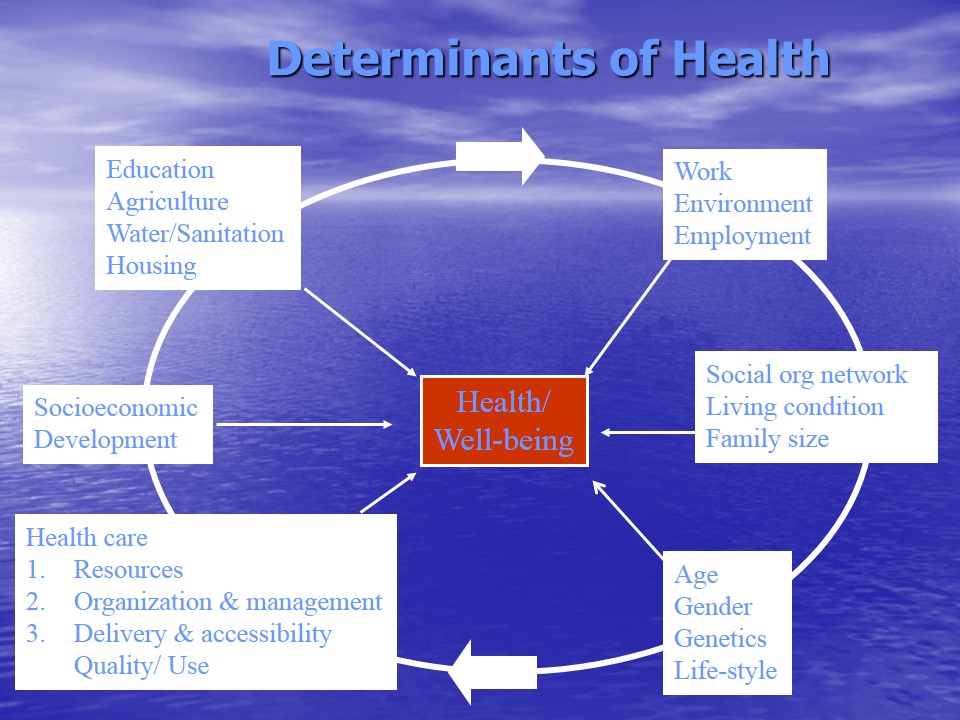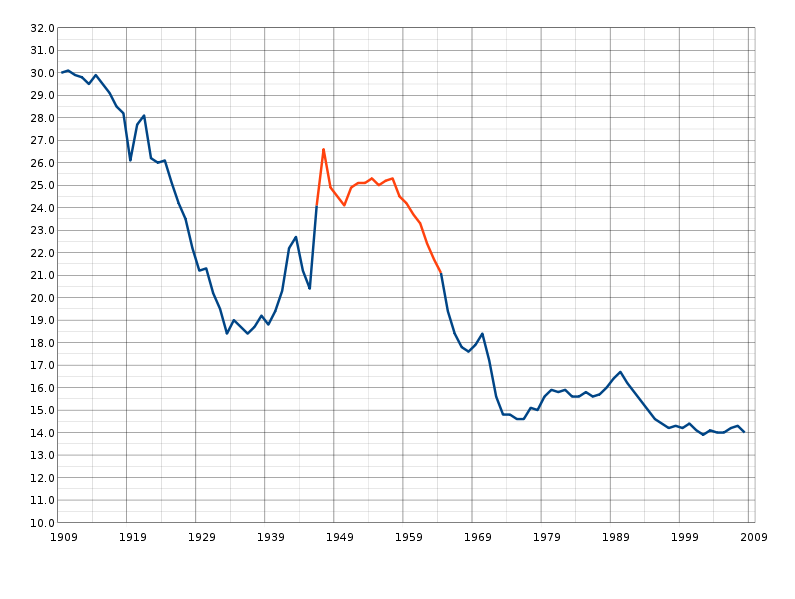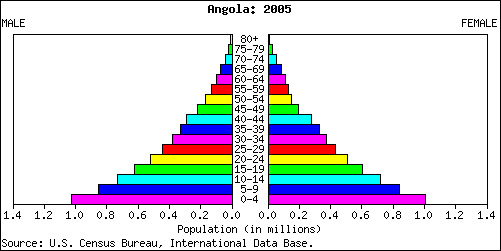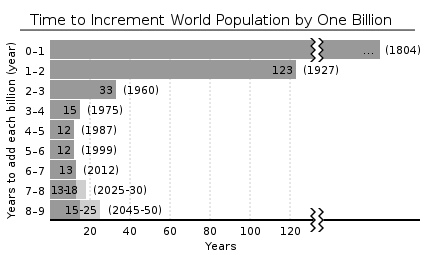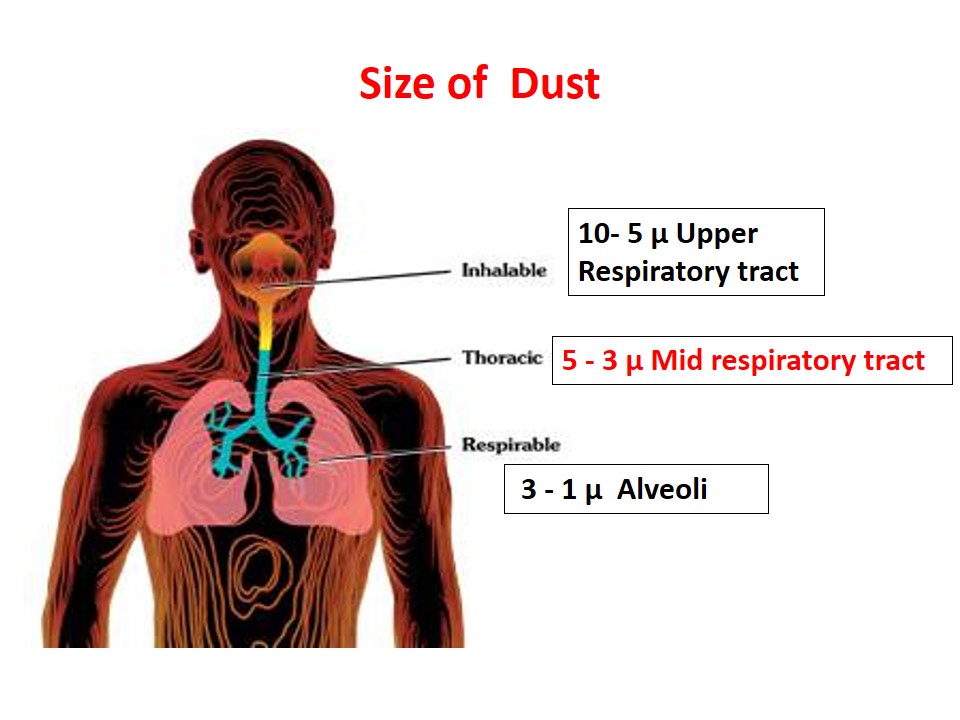Many definitions of health exist. These include:
- The condition of being sound in body, mind or spirit, especially freedom from physical disease or pain (Webster)
- Soundness of body or mind: that condition in which its functions are duly and efficiently discharged (Oxford)
WHO Definition of Health (1948)
Health is a state of complete physical, mental and social well being and not merely absence of disease or infirmity
New philosophy of Health
In recent year, we have acquired new philosophy of health:
- Health is a fundamental human right
- Health is intersectoral
- Health is an integral part of development
- Health is central to the concept of quality of life
- Health involves individuals, state and international responsibility
- Health is the essence of productive life, and not the result of ever increasing expenditure on medical care
- Health and its maintenance is a major social investment
Dimensions of Health
Health is multidimensional. WHO definition has three dimensions-physical, mental and social. Other dimensions are spiritual, emotional, vocational and political.
Physical Dimensions
The physical dimension of health is probably the easiest to understand. The state of physical health implies the notion of perfect functioning of the body.
The sign of physical health are a good complexion, clean skin, bright eyes, lustrous hair, good appetite, sound sleep, coordinated body movements, all special senses are intact.
Mental Dimension
Mental health is not mere absence of mental illness. Good mental health is the ability to respond to the varied experiences of life with flexibility and a sense of purpose. It is a state of balance between the individual and the surrounding world. Psychological factors can induce all kind of illness, not simply mental ones.
Mental health has been defined as “a state of balance between the individual and the surrounding world”.
A state of harmony between oneself and others, a coexistence between the realities of the self and that of other people and that of the environment.
Psychologists have mentioned certain characteristics as attributes of a mentally healthy person:
· He is free from internal conflicts; he is not at war with himself
· He is well adjusted, is able to get along well with others
· Has good self control, balances rationality and emotionality
· Faces problems and tries to solve them intelligently
· Has a strong sense of self esteem.
Social Dimension
Social well being implies harmony and integration within the individual, between each individual and other members of society and between individuals and the world in which they live.
The social dimension of health includes the levels of social skills one possesses, social functioning and the ability to see oneself as a member of a larger society.
Spiritual Dimension
Spiritual health has a role in health and disease. Spiritual health refers to that part of the individual which reaches out and strives for meaning and purpose in life. It includes integrity, principles and ethics, the purpose in life, commitment to some higher being and belief in concepts that are not subject to “state of the art” explanation.
Emotional Dimension
Historically mental and emotional dimensions have been seen as one element or two closely related elements. Mental health can be seen as knowing or cognition and emotional health relates to feeling. Mental and emotional aspect are two separate dimensions of human health.
Vocational Dimension
Vocational aspect of life is part of human existence. Importance of this dimension is exposed when individual suddenly lose job or faced with mandatory retirement.
The vocational output of life is a new dimension. It exists when work is fully adapted to human goals, capacity & limitation. Work often plays a role in promoting both physical and mental health. Physical work is associated with an improvement in physical capacity. While goal achievement and self realization increases mental satisfaction and self esteem.
Other Dimensions
· Philosophical dimension
· Cultural dimension
· Socio-economic dimension
· Environmental dimension
· Educational dimension
· Nutritional dimension
· Curative dimension
· Preventive dimension
Determinants of Health
Health is multifactorial. The determinants include:
1. Biological determinants including nature of genes chromosomal anomalies, errors of metabolism.
2. Behavioral and sociocultural conditions -Life style is the way people live and is associated with coronary artery disease, obesity, lung cancer, drug addiction
Risk of illness and death are connected with lack of sanitation, poor nutrition, personal hygiene
3. Environment
Internal -each and every component partof body
External -those thing man is exposed
4. Socio-economic conditions
· Economic status
· Education
· Occupation
· Political system
5. Health Services
6. Aging of the population
7. Gender
8. Other factors
Spectrum of health
Health and disease lie along a continuum, and there is no single cut off point. The lowest point on the health-disease spectrum is death and the highest point positive health.
Positive health
“Perfect Functioning” of the body and mind.
Biologically it is a state in which every cell and every organ is functioning at optimum capacity and in perfect harmony with each other and the rest of the body.
Psychologically it is a state in which the individual feels a sense of perfect well being and of mastery over his environment.
Socially as a state in which the individuals capacities for participation in the social system are optimal
Comprehensive View of Health
Over the years the definition of health has become more comprehensive and holistic. The focus of cure and prevention is no longer just on physical health. Today it is highly important to incorporate all the quality of life factors when talking about health because they are all with one influencing the other.
Responsibility for Health
Individual Responsibility
Although health is now recognized a fundamental human right, it is essentially an individual responsibility. It is to be earned and maintained by the individual himself.
Self care – all activities individuals undertake in promoting own health, preventing their own disease, limiting their illness and restoring their own health. Self care activities relating to diet, sleep, exercise, weight, smoking, and drugs.
Community Responsibility
Health can never be adequately protected by health services without active involvement of communities whose health is at stake. The people’s health ought to be the concern of the people themselves. They must struggle for it and plan for it.
State Responsibility
State assumes responsibility for the health and welfare of its citizens. Health is a state responsibility.
International Responsibility
Governments and international organizations cooperate in achieving the health goals e.g. WHO, UNICEF, FAO.
Cooperation covers exchange of experts, provision of drugs and supplies, control of communicable diseases and achievement of Health for All.
 howMed Know Yourself
howMed Know Yourself
